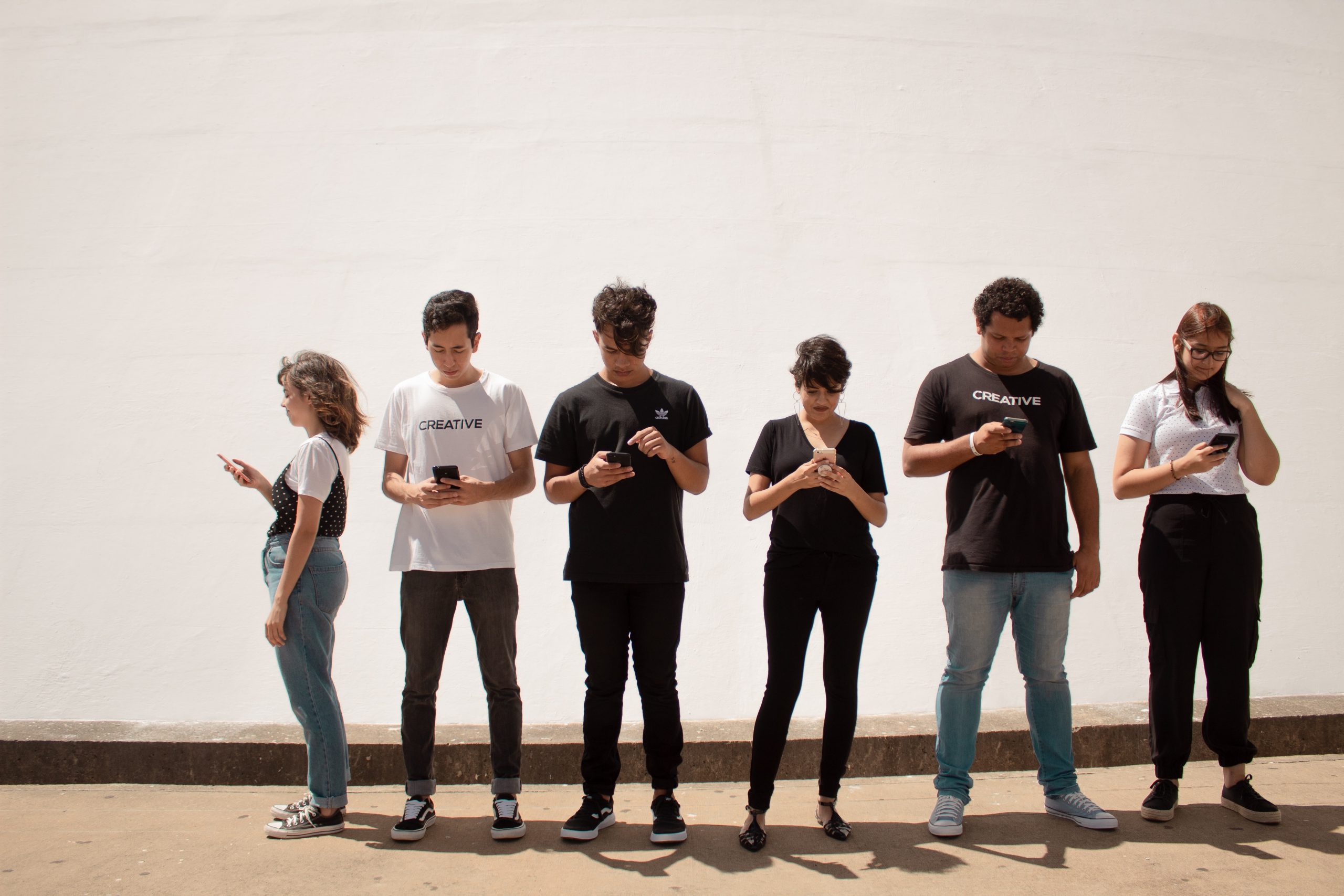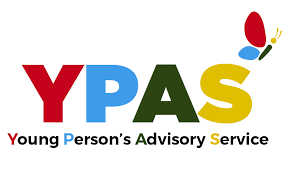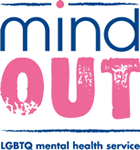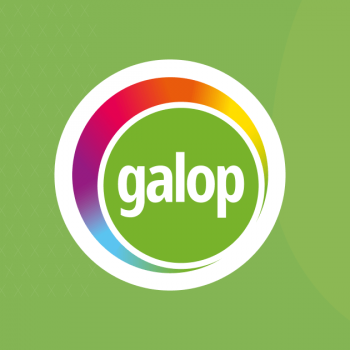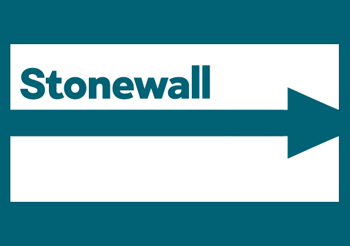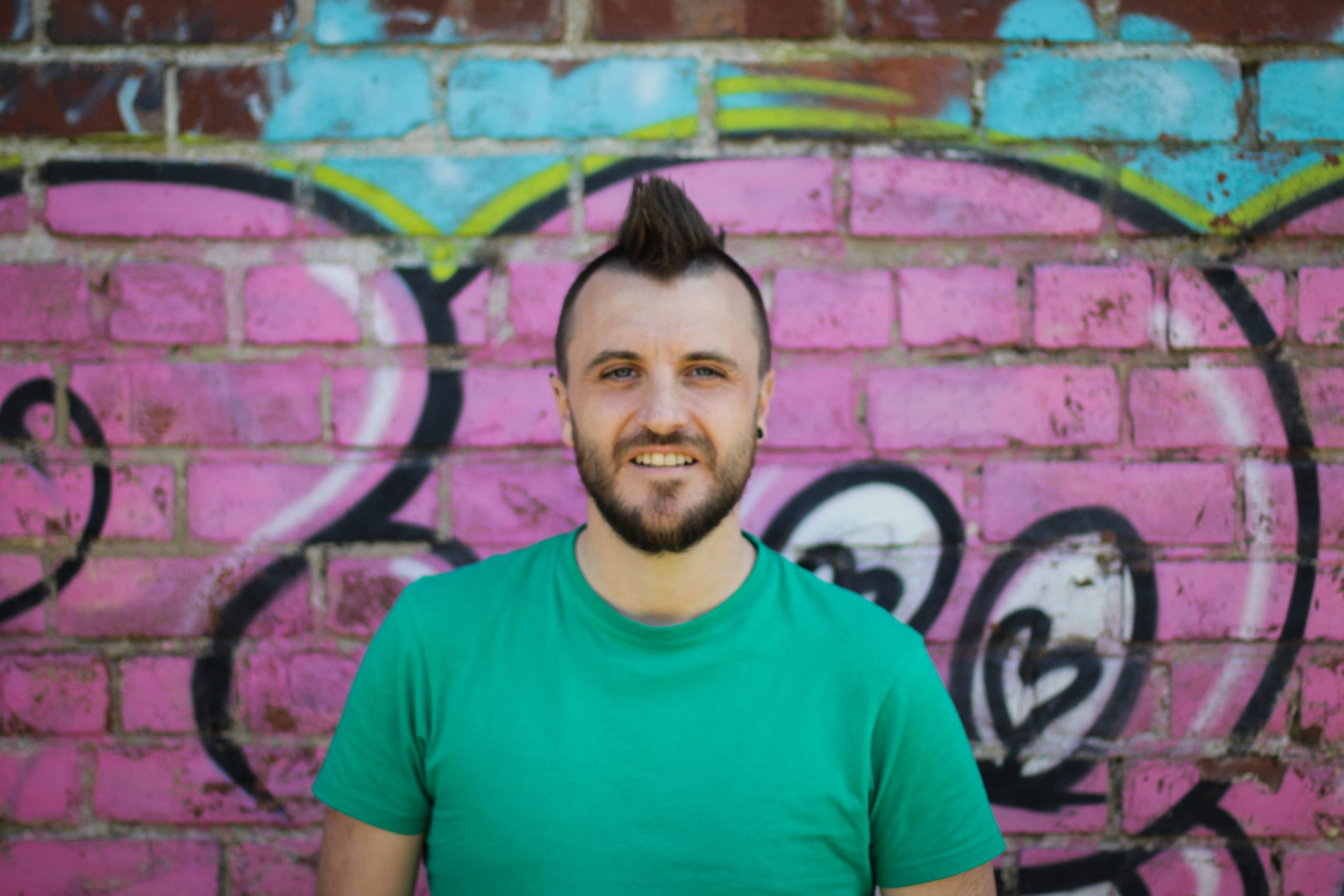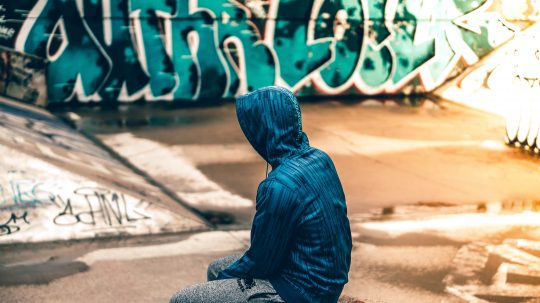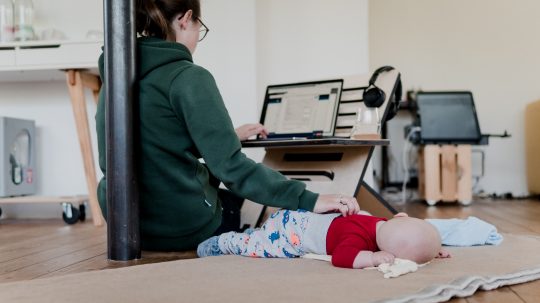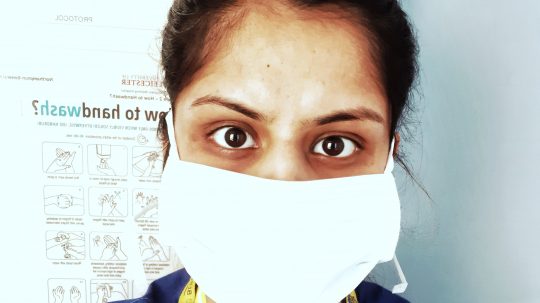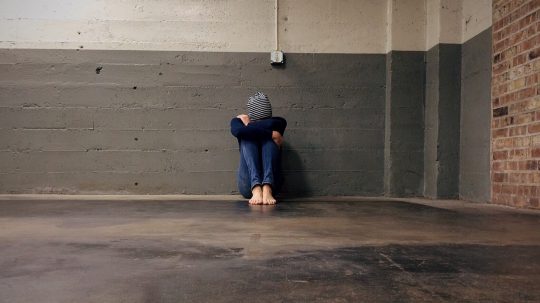As anti-LGBTQ+ hate crime continues to soar across the country, the government’s refusal to respond to the ongoing youth mental health crisis represents another addition to a long line of violations of young LGBTQ+ people’s human rights.
Locally to the Young Person’s Advisory Service (YPAS) in Liverpool, Merseyside Police data suggests that Liverpool has seen a 25% increase in anti-LGBTQ+ hate crimes in the last year. This rise is higher than the national average but nonetheless follows a trend experienced by LGBTQ+ young people nationwide.
Survivors of anti-LGBTQ+ hate crime may be left with significant trauma connected to the emotional or physical violence to which they have been subjected. Trauma occurs when an experience is so emotionally overwhelming and threatening that the brain’s usual systems for processing and storing experiences are overloaded. Sensory input remains unassimilated, fragmented and without context. Trauma can be caused by a single event or by multiple events.
Early access to mental health support following a potentially traumatic experience can significantly reduce the risk of trauma manifesting. If left untreated and unprocessed, however, traumatic experiences may result in the development and diagnosis of post-traumatic stress disorder (PTSD). Additionally, the traumatised individuals’ ongoing attempts to moderate continuously activated physiological survival responses may lead to other mental and physical health problems, such as anxiety, depression and fibromyalgia.
Article 14 of the UK’s Human Rights Act protects individuals from discrimination, yet LGBTQ+ people still face the threat of abuse, harassment and violence daily. The government’s lack of response to the rising statistics when it comes to hate crime against LGBTQ+ people, and especially against queer and transgender Black people, indigenous people and people of colour (QTBIPOC), constitutes an infringement of Article 14, and can lead to a breach of Article 3, which protects against torture and inhuman or degrading treatment, and even Article 2, the right to life itself.
How Does Trauma And Hate Crime Impact Young LGBTQ+ People?
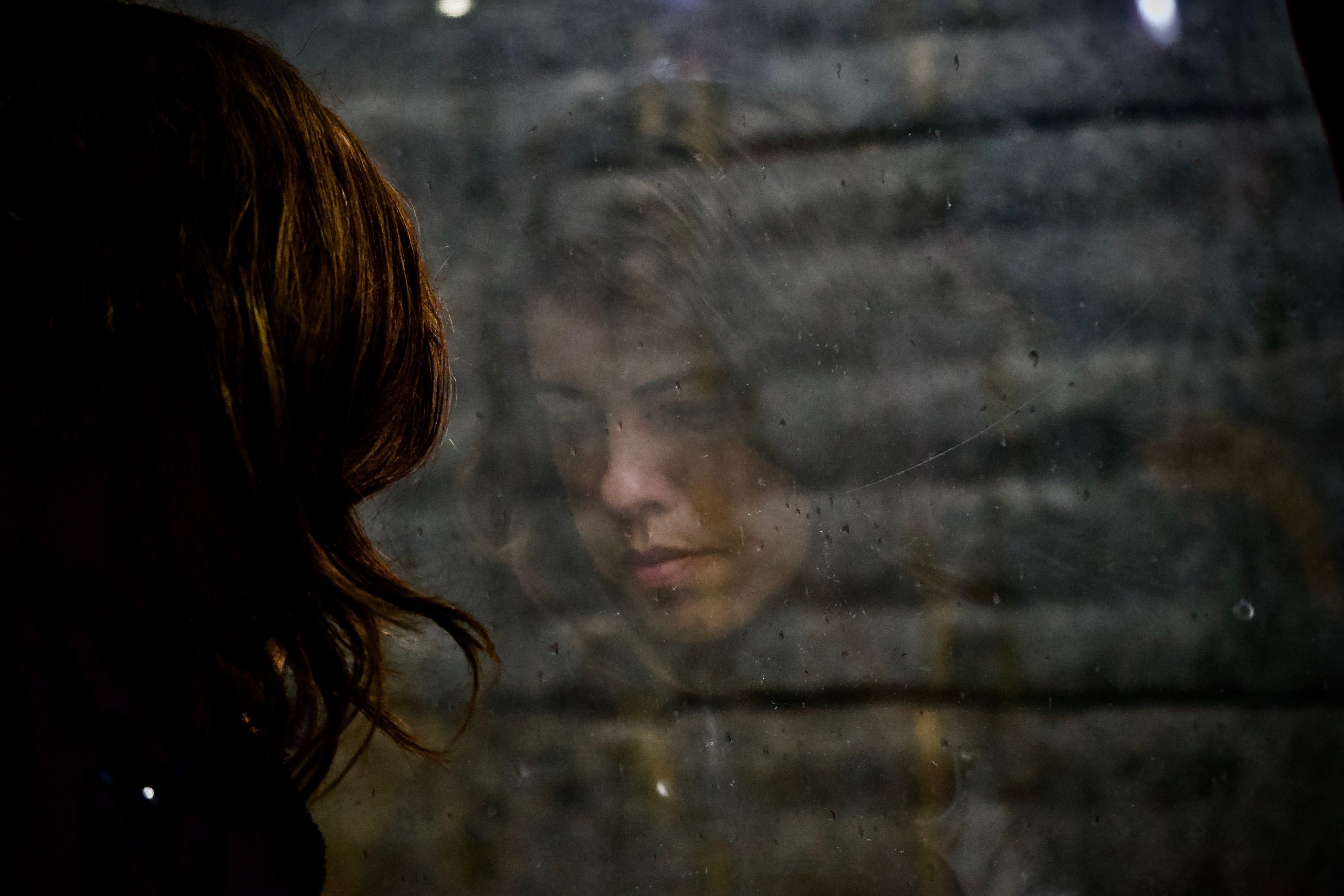
Credit: Tiago Bandeira / Unsplash
All anti-LGBTQ+ targeted attacks are hate crimes, regardless of where they take place. This includes anti-LGBTQ+ bullying in schools. The Just Like Us Growing Up LGBT+ 2021 report found that 42% of LGBT+ 11 to 18 year-olds have been bullied in the last year – double that of their heterosexual and cisgendered peers. The 2017 Stonewall School Report found that 64% of trans pupils are bullied for being trans.
The Trevor Project’s 2020 National Survey on LGBTQ Youth Mental Health found that trans and non-binary young people who reported having their pronouns respected by all or most of the people in their lives attempted suicide at half the rate of those who did not. When young LGBTQ+ people’s genders and sexualities are not acknowledged, or respected, by loved ones, relational trauma – a form of trauma inflicted through the relationships we hold with others, particularly at significant times of development, can manifest around a sense of erasure of the authentic self.
Easy access to non-stigmatising, community-based support and counselling for these young people is essential
Studies suggest that QTBIPOC individuals are particularly at risk. The 2021 Galop Hate Crime Report suggests that one third (34%) of Black, Asian and minority ethnic LGBT people have experienced a hate crime or incident in the past twelve months, compared to one in five white LGBT people (20%). QTBIPOC young people may also hold additional traumas. Racialised trauma can be passed down through generations, through a number of processes, including biologically through genes. This, alongside the increase in hate crimes targeted against individuals based upon their race and other factors, including oppressive socio-political structures, outlines an urgent need for mental and physical health support for these communities.
Repeated exposure to individual, collective and relational trauma can be compounded by daily microaggressions and put young LGBTQ+ people at a higher risk of developing mental health difficulties. The Growing Up LGBT+ report also found that LGBT+ young people are three times more likely to self-harm and twice as likely to have depression, anxiety and panic attacks, as well as to be lonely and to worry about their mental health on a daily basis. The research also revealed that LGBT+ young people (68%) are twice as likely to contemplate suicide as their non-LGBT+ peers (29%), with this rising to 89% of Black LGBT+ young people. The Trevor Project’s 2020 National Survey found that nearly one in five transgender and non-binary young respondents had attempted suicide in the past twelve months.
What Support Is Available to LGBTQ+ Youth?

Credit: Jason Goodman / Unsplash
Although many young LGBTQ+ people do have supportive families, friends and teachers, others do not. As such, easy access to non-stigmatising, community-based support and counselling for these young people is essential.
Youth, Information, Advice and Counselling Services (YIACS) are open-access, early support community-based hubs, which provide easily accessible and age-appropriate support to young people who are presenting with a wide range of difficulties. YIACS is driven by the needs of young people and its approach has young people’s rights at its heart. After receiving advice in YIACS, 70% of young people report improvements in their mental or physical health.
Specific LGBTQ+-focused services include specialist LGBTQ+ Information, Advice and Guidance and groups. YPAS’s GYRO group offers a space for Liverpool’s young LGBTQ+ people to come together, in a supportive and affirming environment, share their experiences and feelings and develop networks of support and a sense of community and togetherness. YPAS practitioners, where appropriate, can also work with parents, families, schools and other professionals to provide information and psychoeducation, facilitating greater support and celebration of diverse identities. When space is provided for young LGBTQ+ people to explore their identities and to feel received and accepted within their authentic expressions, the likelihood of negative outcomes later on in life can be significantly reduced. When services such as YPAS are provided, young LGBTQ+ people can also be effectively safeguarded against risk.
Where Is The Support for LGBTQ+ Mental Health Care?
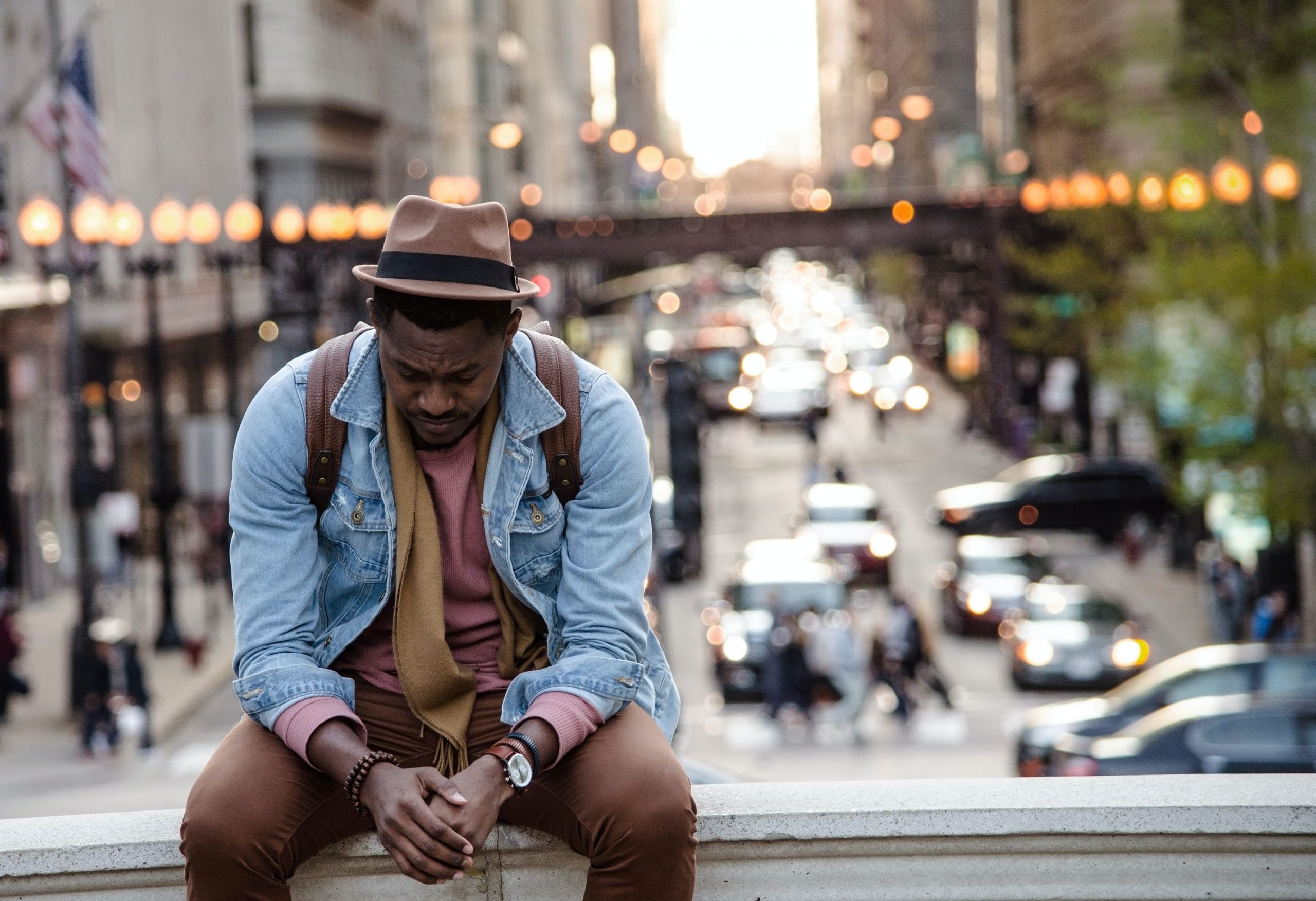
Credit: Whoislimos / Unsplash
National Institute for Health and Care Excellence (NICE) guidelines recommend as prevention of PTSD “active monitoring or individual trauma-focused cognitive behavioural therapy (CBT) within one month of a traumatic event for children and young people aged under 18 years.” The Education Policy Institute’s 2019 report, however, found that Liverpool’s Alder Hey service averaged 124 days before treatment. The report also found that 26% of referrals were rejected entirely. These statistics demonstrate that young LGBTQ+ people who have experienced trauma do not have access to the services that are required. Young LGBTQ+ people in rural areas may struggle to access mental health support at all.
In 2021, the charity Youth Access led a National Lottery-funded project called Our Minds Our Future. Young people compiled data and a manifesto outlining their needs and what they expect and demand of the UK government in line with their human rights. Within the manifesto, the young people outline easy-access drop-in services, equality and diversity, and support from staff with training, knowledge and lived experience of the difficulties that they experience.
Young Minds activists also marched to Downing Street to deliver a letter signed by 5,000 young people from the Youth Access network to Chancellor Rishi Sunak MP, urging him to allocate funds for early-access, community-based hubs within the new budget. In addition, young people from YPAS’s own Young Ambassadors group attended the Conservative Party Conference to make their case for the importance of these hubs. Unfortunately, when the budget was announced on 27 October 2021, no new money for early-access hubs had been provided. This is particularly alarming for young people from marginalised backgrounds, such as those from young LGBTQ+ and QTBIPOC communities.
The absence of additional funding within the government’s recent budget, especially for communities who face disproportionate levels of risk, not only represents a lack of regard for the welfare of young LGBTQ+ and QTBIPOC but is also the latest in a long line of attacks upon their rights.
The views expressed in this article are those of the author and do not necessarily reflect the views of EachOther.

